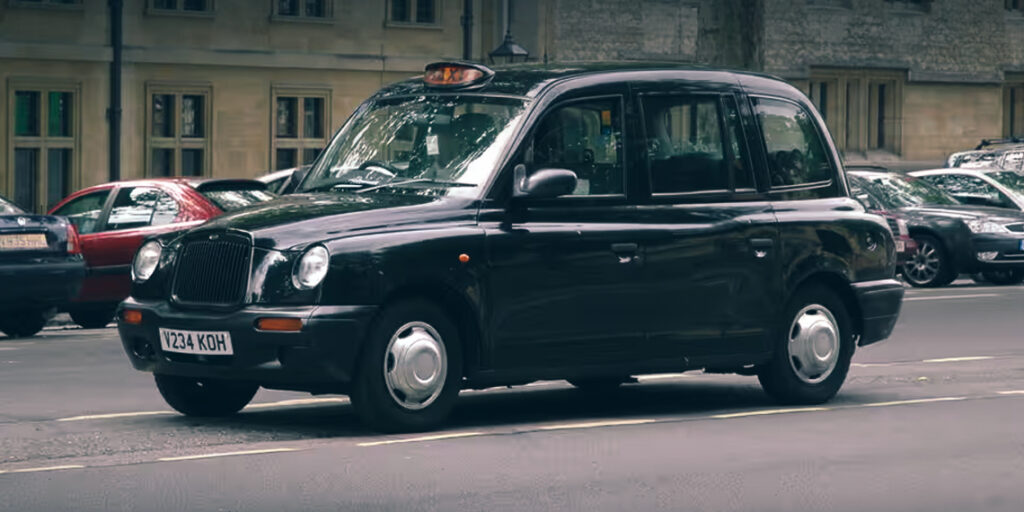London’s black cabs are at risk of disappearing from the capital’s streets within the next 20 years, according to a new report by Centre for London. The think tank warns that unless urgent action is taken—such as providing larger loans for electric taxis and easing the notoriously difficult Knowledge test—the number of black cabs could dwindle to zero by 2045.
The decline has been dramatic. Transport for London (TfL) data shows that the number of licensed black cabs has fallen from 22,810 in 2013-14 to just 14,470 in 2023-24. Meanwhile, competition from Uber and private hire services has surged, drawing drivers away from the black cab industry.
New Black Cab Licenses at an All-Time Low
The report highlights a worrying trend:
• In 2024, only 104 new black cab licenses were issued, compared to 1,010 in 2016.
• The rising cost of electric taxis is a major barrier, with purchase prices increasing by 40% since 2017.
• Government grants for electric taxis have been reduced to £4,000 and are set to end in 2026.
• TfL’s scrappage scheme, which helped drivers transition to zero-emission cabs, has also ended.
Without financial support, many drivers are unable to afford the transition to electric taxis, accelerating the decline.
Is the Knowledge Test Too Hard?
Another major challenge is the Knowledge of London test, the rigorous exam that black cab drivers must pass to earn a license. Scientists have found that the test—so complex that it physically alters the brain—takes at least three years to complete.
A survey by cab-hailing app Freenow found that:
• More than half of private hire drivers ruled out becoming a black cab driver due to the test’s difficulty.
• Nearly one-third of drivers considered the Knowledge test “too hard.”
Centre for London is urging TfL to reform the test to attract more drivers. The think tank also calls on the Mayor of London to lobby the government for an interest-free loan scheme to help new drivers buy electric black cabs.
Industry Experts Respond: A Crossroads for Black Cabs
Antonia Jennings, Chief Executive of Centre for London, stressed the importance of protecting black cabs:
“Black cabs are a fundamental part of London’s cityscape. We must not let them become part of the capital’s history.”
Steve McNamara, General Secretary of the Licensed Taxi Drivers’ Association, downplayed the possibility of black cabs disappearing but acknowledged the industry’s struggles:
“We’ve been here since the time of Oliver Cromwell, and we aren’t going anywhere soon. But our trade is at a crossroads.”
McNamara emphasized that black cabs are fully accessible, environmentally friendly, and integral to London’s transport system. However, he warned that without government support, the trade faces “very real existential threats.”
Can Black Cabs Survive in the Age of Uber?
Professor Tony Travers of the London School of Economics (LSE) noted that while black cabs are catching up with modern demands, they have lost significant market share to private hire apps like Uber. However, he believes they will continue to exist, even if in a reduced capacity:
“Even if they were purely a heritage thing, there would be a market for them. They remain a very powerful signifier of London.”
TfL’s Plan to Support the Black Cab Industry
A TfL spokesperson reassured the public that black cabs will continue to play a key role in London’s transport network. The agency is set to release a new taxi and private hire action plan to ensure black cabs remain a safe, sustainable, and efficient transport option.
With rising costs, regulatory challenges, and increasing competition, the future of black cabs in London hangs in the balance. Will government intervention come in time to save this iconic part of London’s identity?


